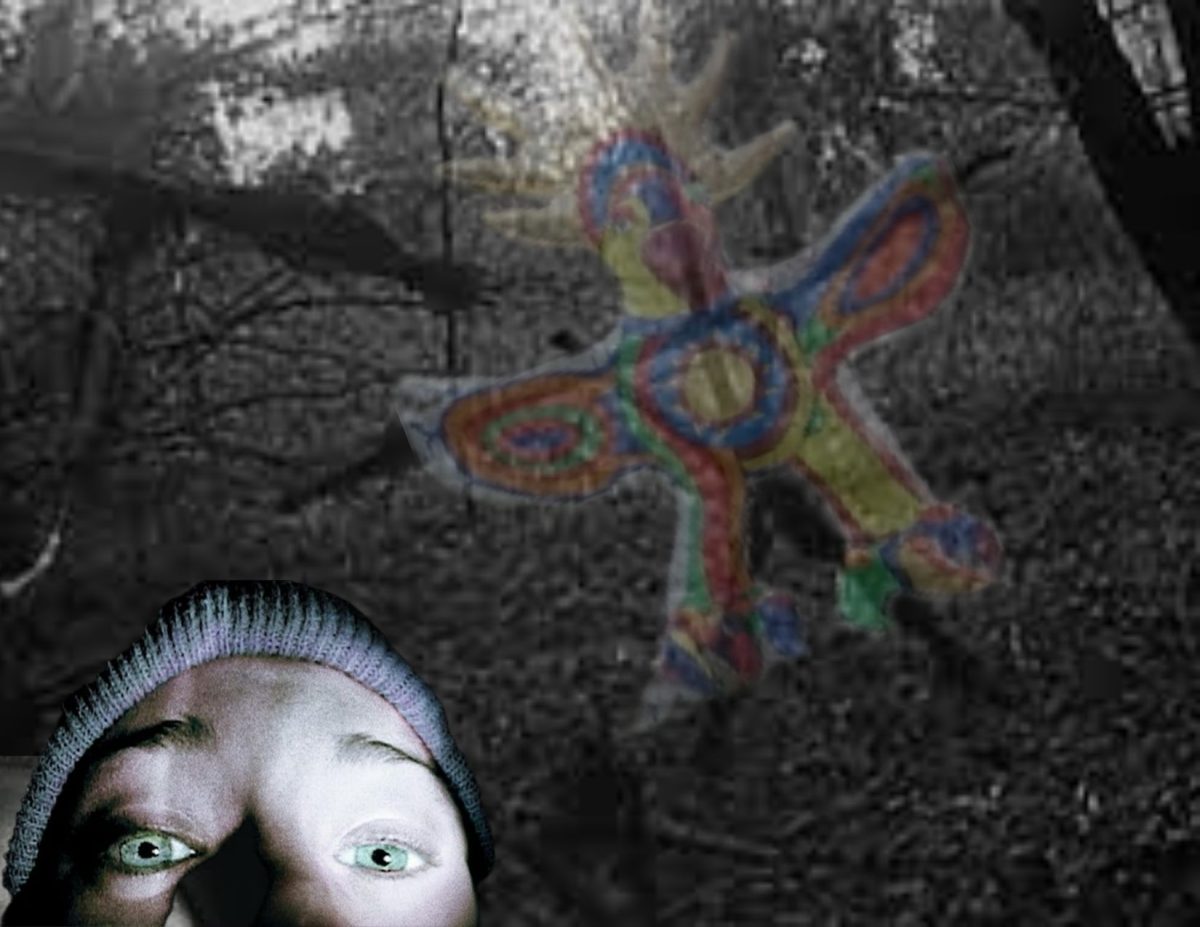A few months ago, at the beginning of the school year, like every other year, hundreds of thousands of undergrad students rushed for Greek life across the United States and Canada. Hundreds of UC San Diego students rushed in the first week of Fall Quarter, and this year I was one of them. Thanks to the media, joining a sorority was one of my childhood dreams. Besides all the advantages that come with being part of a smaller community in this vast world, as an only child, sisterhood meant the world to me.
During the rush week, I met so many women with completely different expectations. Some were rushing with an aim to get to know new people, but even if they were offered a bid, they were not going to end up in a sorority because they found it too expensive. For others, it was all about the network that they’ll need mostly after college. For a notable amount of women, it was a free pass to parties. Aside from all of these, I can say that the majority — including myself — were interested in being surrounded by women who share the same values and similar interests as themselves, and so far I am grateful for all of the inspiring women I met.
As I said, I had wished to be a part of Greek life for a long time. But on the very first day of rush week, called PNM Orientation, I realized that I did not know enough about it. It hit me when they mentioned the word “hazing.” As a college student whose first language is not English and who did not grow up in the U.S., I did not know the meaning of the word “hazing,” though it felt like it was the most important aspect of the orientation. Everybody was extremely serious when it came to hazing. It is prohibited and there are quite serious consequences if the action of hazing is carried out and caught. Honestly, due to the excitement and a little bit of the stress of the moment, I couldn’t understand exactly what that word meant, so I looked it up online.
According to Merriam-Webster, the action of hazing is an initiation process involving harassment. Of course, I knew the meaning of the word “initiation.” Its roots go way back to ancient times, and it is part of the cycle of life: birth, adolescence, marriage, and then death. Historically, male initiation is more common and widely known.
Most of us grew up learning mythology at school but probably didn’t realize the encrypted hazing or initiation throughout many of the stories. For example, in the 12 labors of Hercules, each of his labors were meant to overcome and/or balance his emotions and ambitions. Another example is a female initiation: Inanna’s descent into the underworld, where there are seven doors, and at each door she leaves behind a feature that belongs to the physical world.
From the folk culture that has survived to this day, I know that initiation usually occurs during adolescence and symbolizes a person dying in their old life and being reborn as an adult. Many different cultures have their own versions of initiation, though many are not truly “hazing.” In some cultures, including Turkish, which is my ancestry, children don’t have names. Once initiated, they are given their names. In order to be initiated you had to complete challenging missions — spiritual, physical, and sexual. Death occurring as a part of the initiation process was not uncommon. Rather, it meant the person was not mature enough to be reborn as an adult. It’s sad to know that common rituals of Pagan times have found their way into esotericism today. But with all that in mind, according to Plato’s school of thought, hazing was necessary.
I then realized that nowadays, if you want to be a part of a secret society or join a sisterhood or brotherhood, you have to get initiated. It is known that the first fraternities were established as secret societies in the 18th century. They used Greek letters as an indication of elitism and secrecy. Perhaps they had esoteric teachings at the beginning, but shifted towards college partying, over hundreds of years. All of the fraternities had different secret rituals, assuming most of them were able to keep their rites secret and mandatory, not including hazing.
On the evening of the orientation, I started to wonder what went wrong and decided to do a little research about hazing in Greek life on college campuses. I started to see mostly old but some new news talking about the deaths that occurred during the hazing process and initiation nights on college campuses, mostly due to drug and alcohol abuse. While I was doing my research, my dad called. At first, he was not one hundred percent comfortable with me joining Greek life but then was relieved after I told him that our campus doesn’t have fraternity or sorority housing. And that evening, he told me an unfortunate anecdote from his own college years.
When he was a college student on the East Coast, at the beginning of the spring semester, a freshman died at the fraternity initiation night at Rutgers University in 1988. He first saw the news in the local newspaper and it later had a huge impact nationally. According to the New York Times article published in February of 1988, the 18-year-old student died a few hours after the initiation ceremony. He was a pledge, and the party “involved a serious amount of drinking,” but it wasn’t certain if the alcohol was the primary cause of his death, since fraternity brothers sought medical assistance four hours after the party ended. After this unfortunate event, the fraternity brothers were charged with aggravated hazing, and serious restrictions were placed on Greek life on campus.
Today, hazing is prohibited by law in most of the states including California. Despite this, we sometimes hear about it still happening behind closed doors in various aspects of life; college, work, and family. On my journey in Greek life, I experienced excitement, joy, laughter, and love, and I am grateful for all of the memories I have so far. But at the same time, learning about the long and dangerous history made me wonder even more about the esoteric practices.









